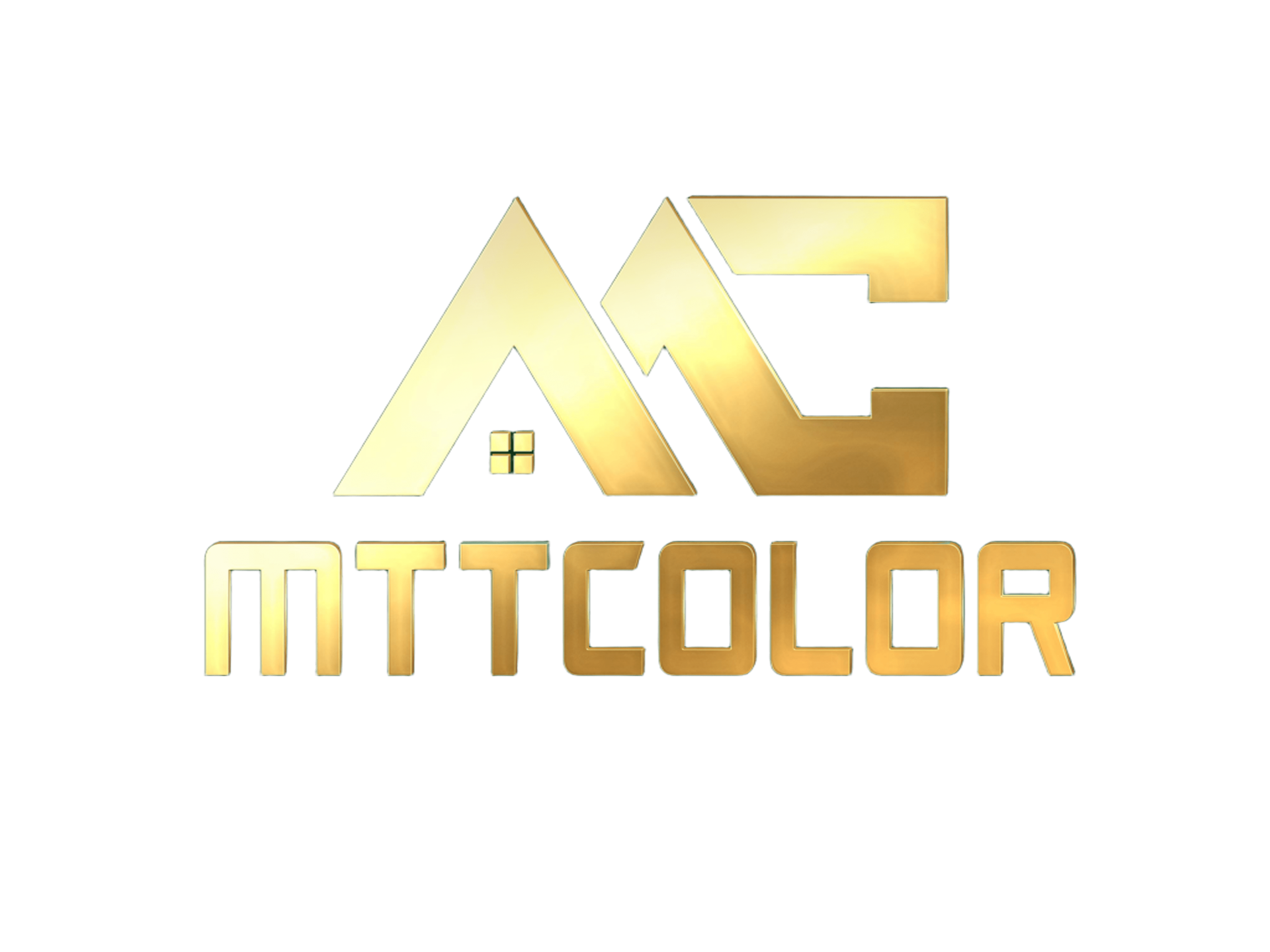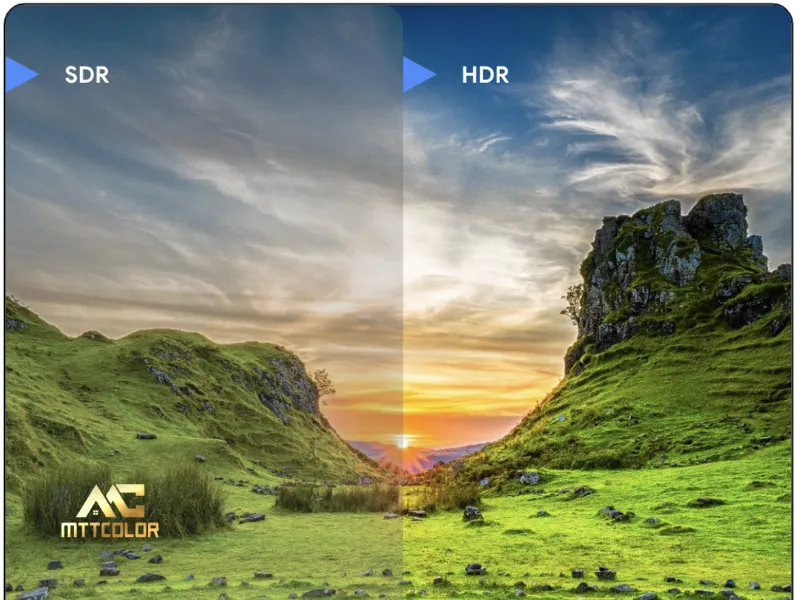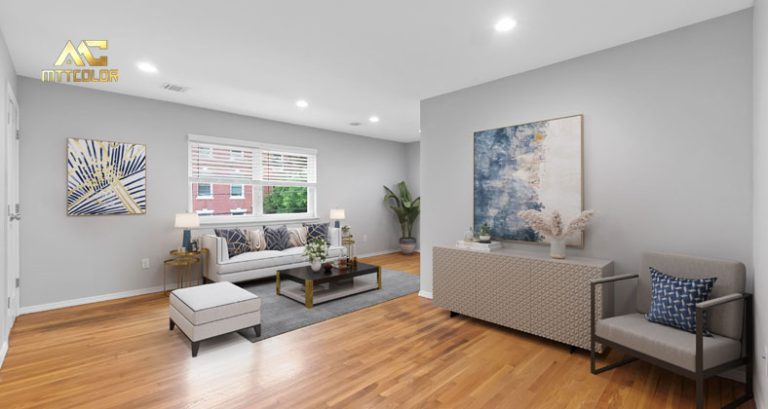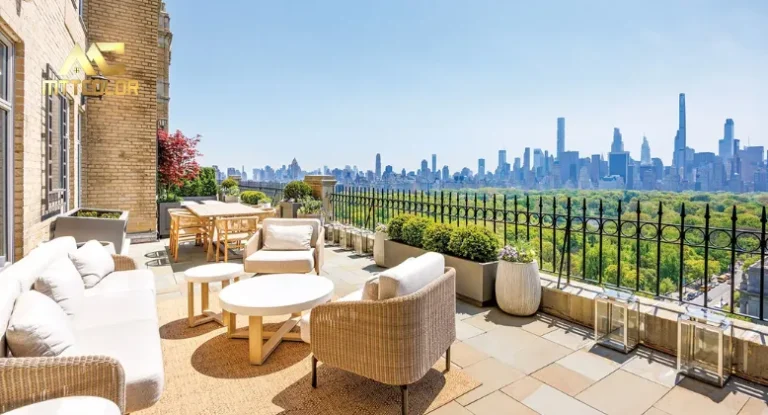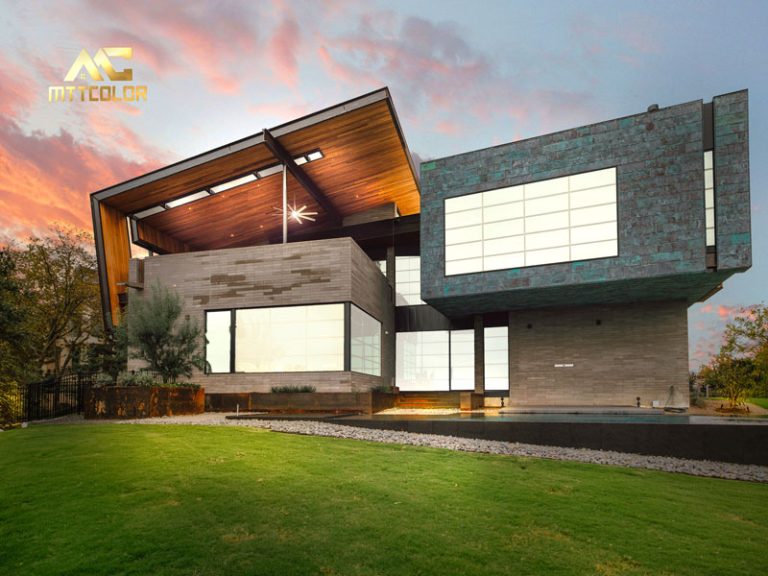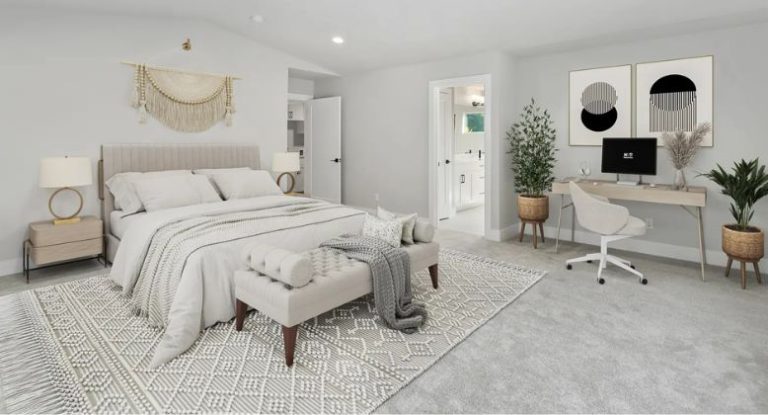Introducing the Best Real Estate Photography Equipment in 2025 – Expert Picks!
Looking to upgrade your real estate photography equipment in 2025? Whether you’re a beginner or seasoned professional, this guide covers the most essential and cutting-edge gear to elevate your work, meet market trends, and deliver standout property visuals while helping you choose the best real estate photography equipment for your specific needs.
Why Quality Real Estate Photography Equipment Matters
Property visuals serve as the critical first impression for potential buyers, with high-quality real estate photography equipment directly influencing engagement rates and sale velocities. Professional images create trust, showcase property features effectively, and help listings stand out in competitive markets.
The Importance of High-Quality Real Estate Photos
In today’s real estate market, photos are often the first (and sometimes only) impression a buyer gets. Sharp, bright, and well-composed images increase engagement, build trust, and help sell homes faster—often at higher prices.
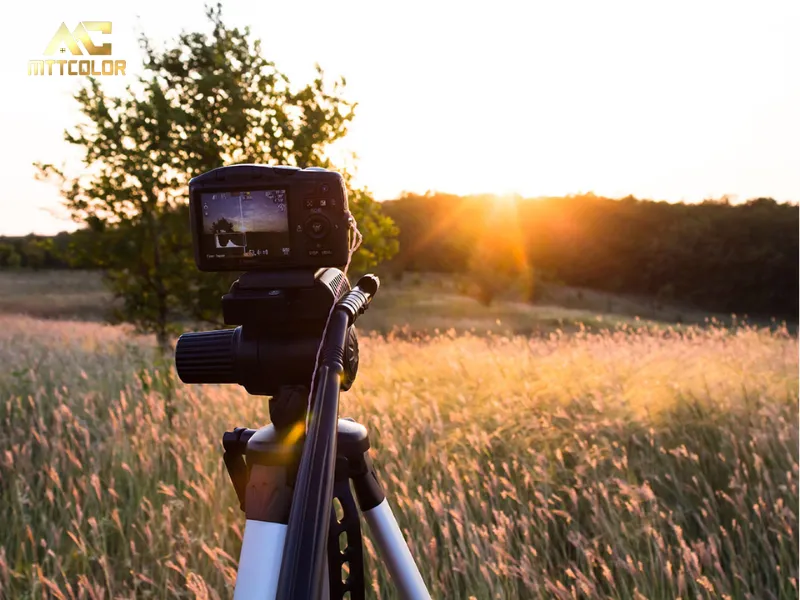
2025 Industry Developments
The real estate photography landscape continues evolving with several key trends:
- HDR imaging and virtual staging experiencing exponential demand growth
- AI-enhanced cameras and automated editing streamlining professional workflows
- Drone photography transitioning from luxury service to standard offering
- Comprehensive service packages becoming the industry norm
Selecting the Right Real Estate Photography Equipment
Professional vs Entry-Level Equipment Considerations
Entry-level real estate photography equipment prioritizes affordability, user-friendliness, and portability, making it ideal for photographers beginning their property imaging journey. Professional-grade equipment delivers superior image resolution, enhanced low-light capabilities, and extensive customization options essential for demanding commercial applications.
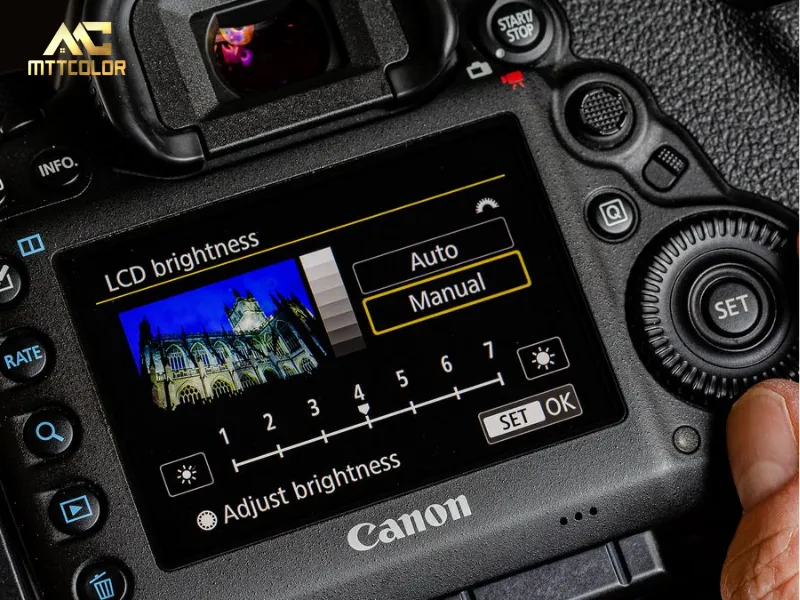
Evaluating Your Needs Before Buying
Consider these factors when choosing real estate photography equipment:
- Primary shooting focus: Interior spaces, exterior views, or aerial perspectives?
- Business structure: Solo practitioner, freelance photographer, or agency team member?
- Post-processing approach: Minimal editing or extensive image enhancement?
Understanding these requirements guides optimal equipment investment decisions.
Top Camera Bodies for Real Estate Photography in 2025
Choosing the right camera body forms the foundation of any successful real estate photography setup. Modern mirrorless cameras have revolutionized real estate photography with silent operation, exceptional dynamic range, and advanced autofocus systems that excel in the challenging mixed lighting conditions often found in interior spaces. Here are the top 3 cameras that are popular today.
Canon R5 Mark II – Cutting-Edge Innovation
Canon’s R5 Mark II at $3,999 represents technological advancement with its 45-megapixel stacked sensor and neural network noise reduction. The camera features revolutionary AI-powered autofocus with 1,053 zones and up to 8.5 stops of image stabilization.
Advanced Features:
- Processor: DIGIC X with neural network processing
- Autofocus: 1,053-zone AI-powered system
- Stabilization: Up to 8.5 stops compensation
- Video: 8K RAW internal recording
- Connectivity: Built-in Wi-Fi 6 and Bluetooth
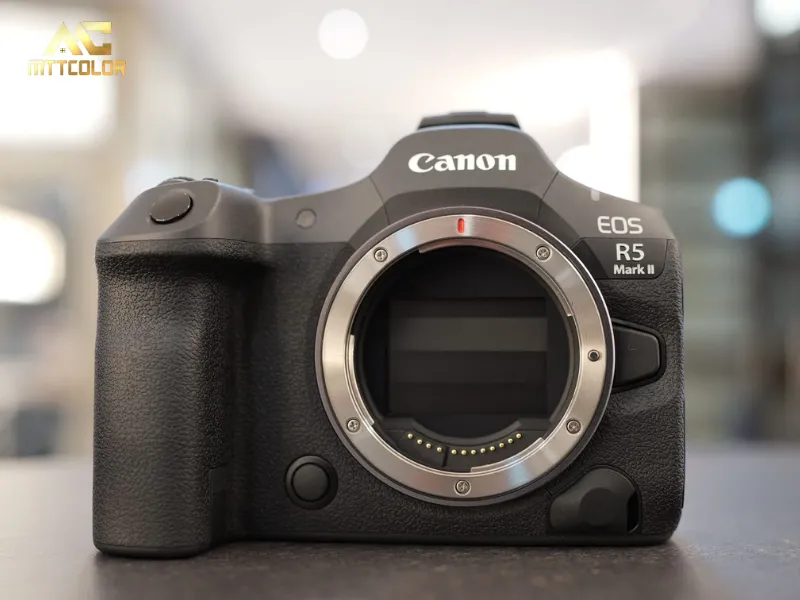
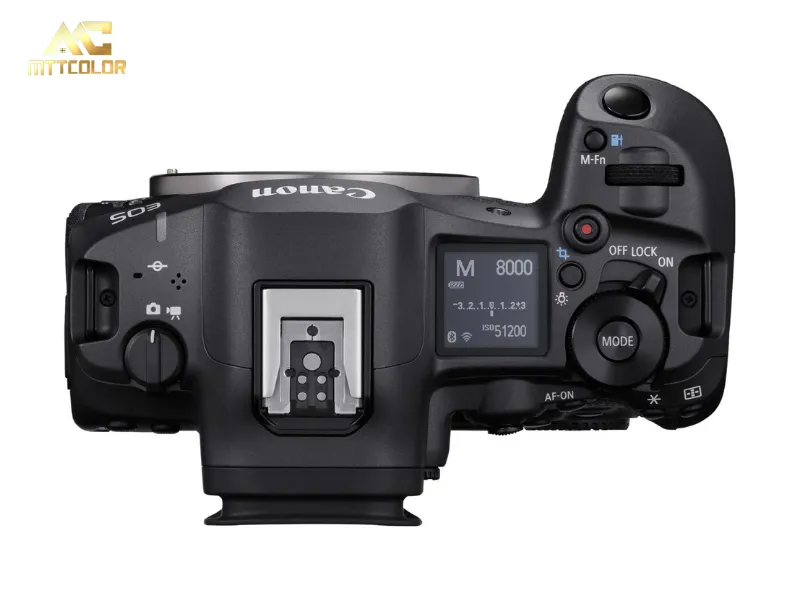
Sony A7 IV – Outstanding Value Leader
The Sony A7 IV emerges as the premium value choice, featuring a 33-megapixel full-frame sensor with outstanding dynamic range capabilities. Currently priced between $2,000-$2,200, this camera excels in mixed lighting scenarios common in property photography, equipped with 759 phase-detection autofocus points and 5.5-stop image stabilization.
Technical Specifications:
- Sensor: 33MP full-frame BSI CMOS
- ISO Range: 100-51,200 (expandable to 204,800)
- Dynamic Range: 15 stops
- Weather Sealing: Professional-grade protection
- Battery Life: 610 shots per charge
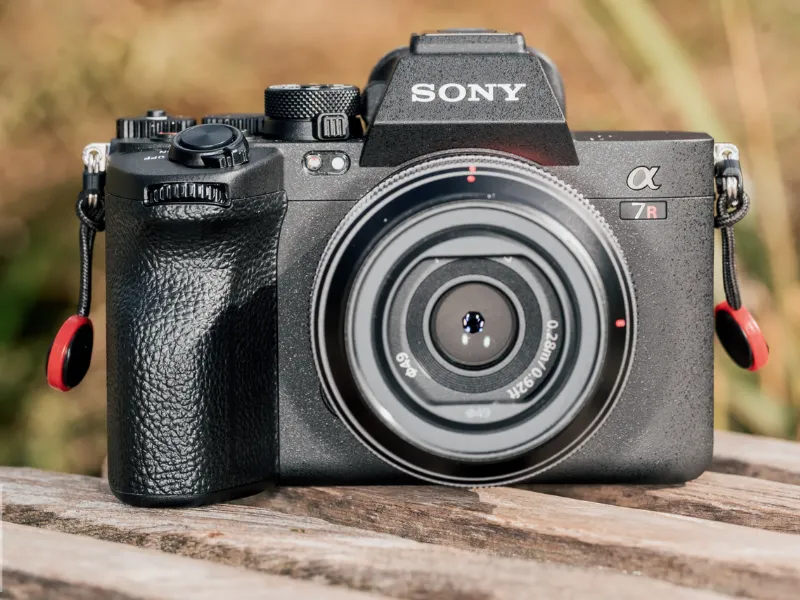
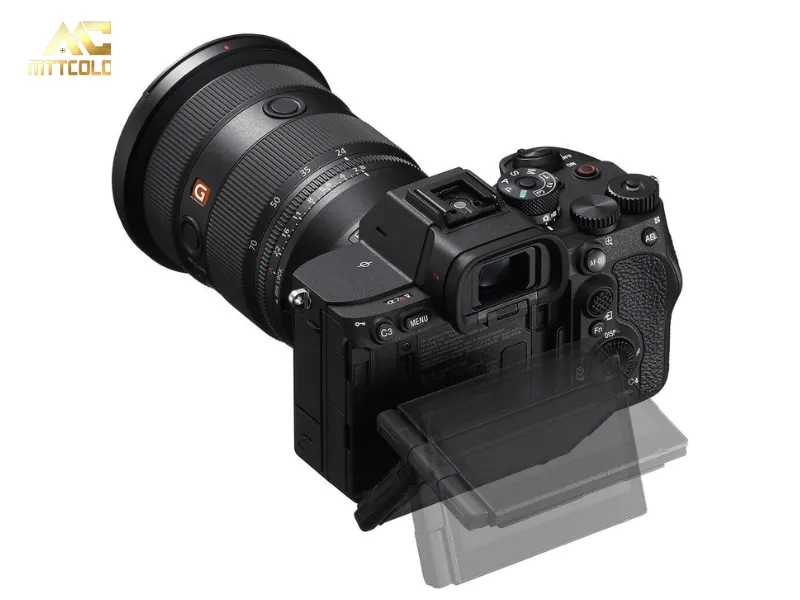
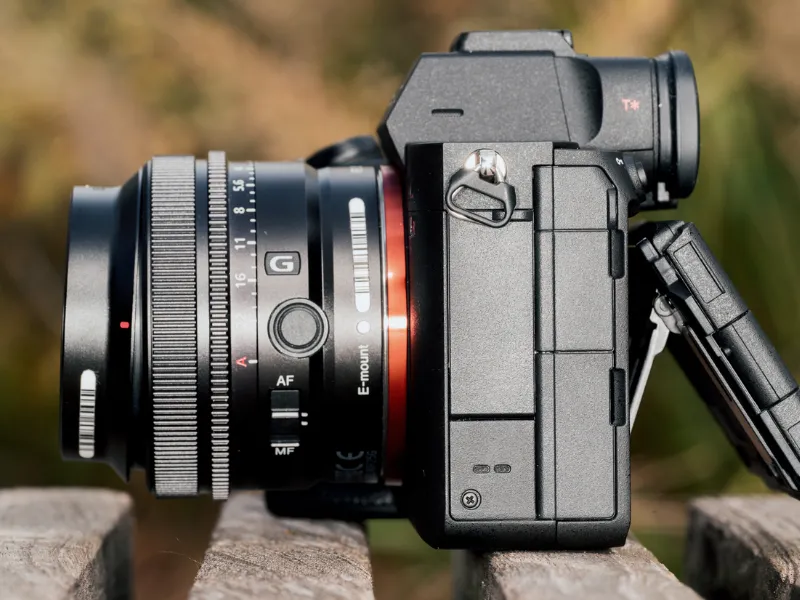
Nikon Z8 – Compact Flagship Performance
The Nikon Z8 at $3,400-$3,600 delivers flagship capabilities in a portable package, sharing the same 45.7-megapixel sensor as the premium Z9 model. Its silent electronic shutter and pre-capture functionality make it excellent for occupied properties.
Distinctive Attributes:
- Sensor: 45.7MP full-frame stacked CMOS
- Silent Operation: Electronic shutter modes
- Pre-Capture: Up to 1 second before shutter press
- Weather Resistance: Comprehensive sealing system
- Ergonomics: Professional grip design
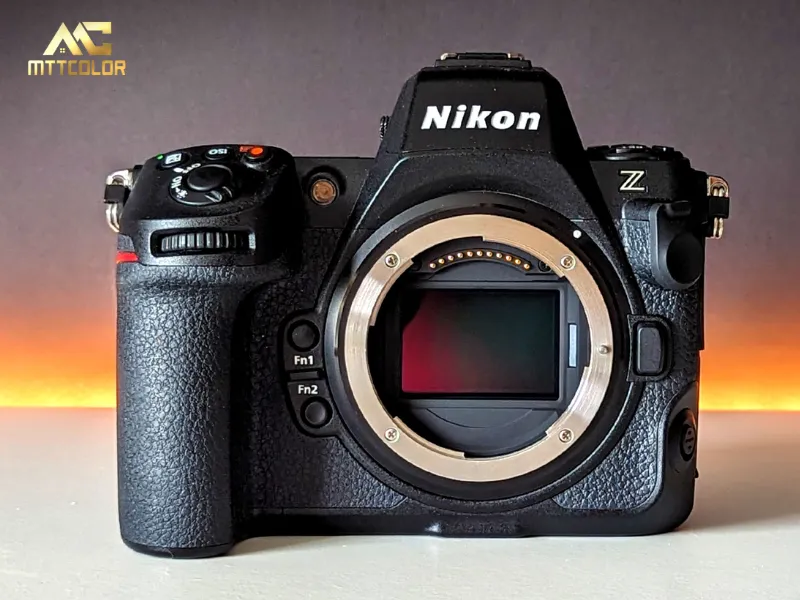
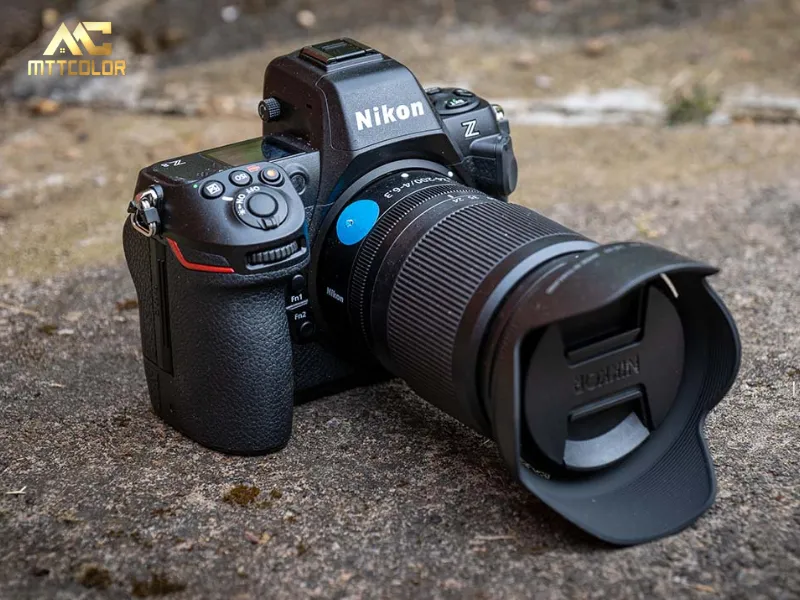
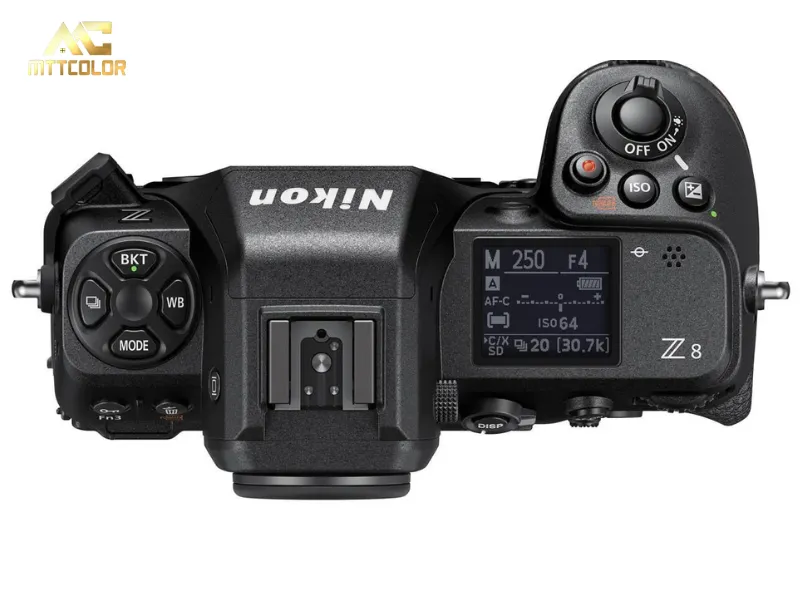
| Camera Model | Megapixels | Best For | Starting Price |
| Canon R5 Mark II | 45MP | Versatility & low light | ~$3,999 |
| Sony A7R V | 61MP | Dynamic range & detail | ~$3,900 |
| Nikon Z8 | 45.7MP | Color & reliability | ~$3,400 – 3,600 |
Essential Wide-Angle Lenses for Property Photography
Wide-angle lenses serve as the cornerstone of professional real estate photography, enabling photographers to capture entire rooms and showcase spatial relationships effectively. The key is finding lenses that minimize distortion while delivering edge-to-edge sharpness and maintaining natural perspective that appeals to potential buyers.
Best Nikon Lenses
- Nikkor Z 14-30mm f/4 S: ultra-wide, sharp, lightweight (price around ~$1,200 – $1,800)
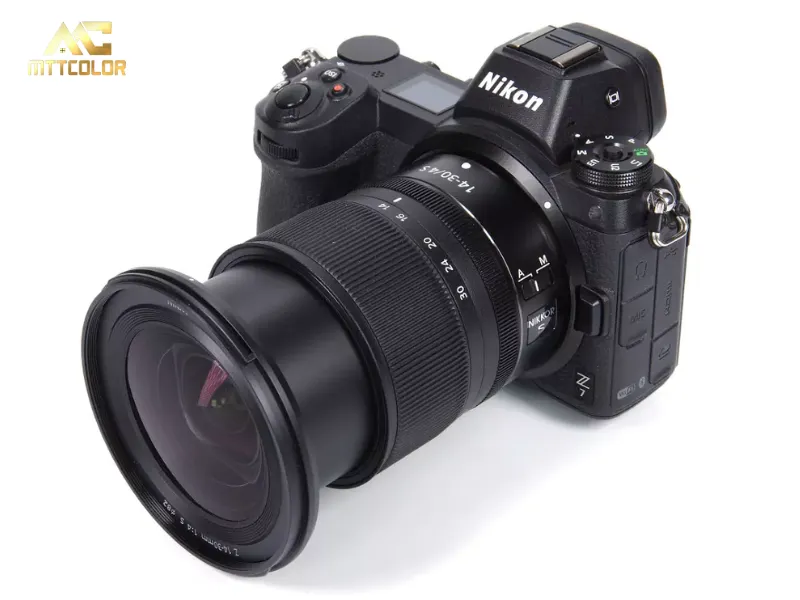
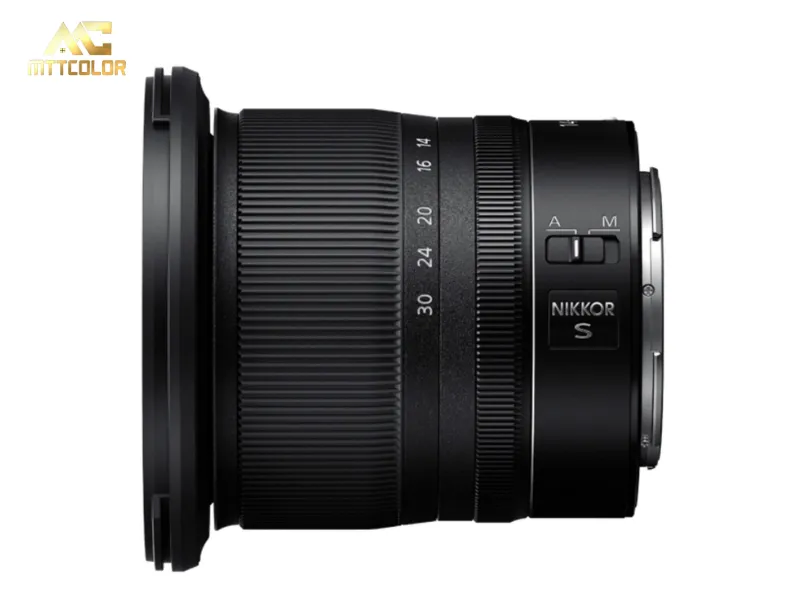
Best Sony Lenses
- Sony FE 16-35mm f/4 G PZ: great for interior shots (price around ~$1,000- $1,500)
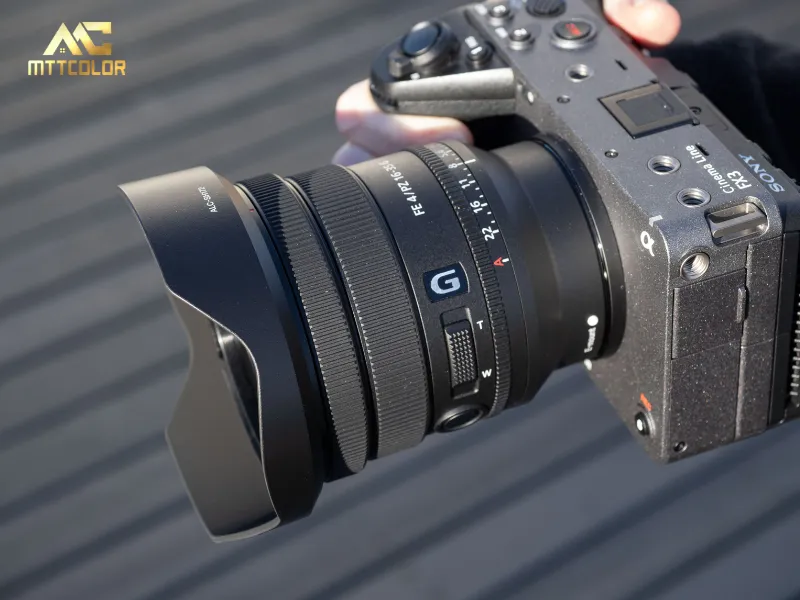
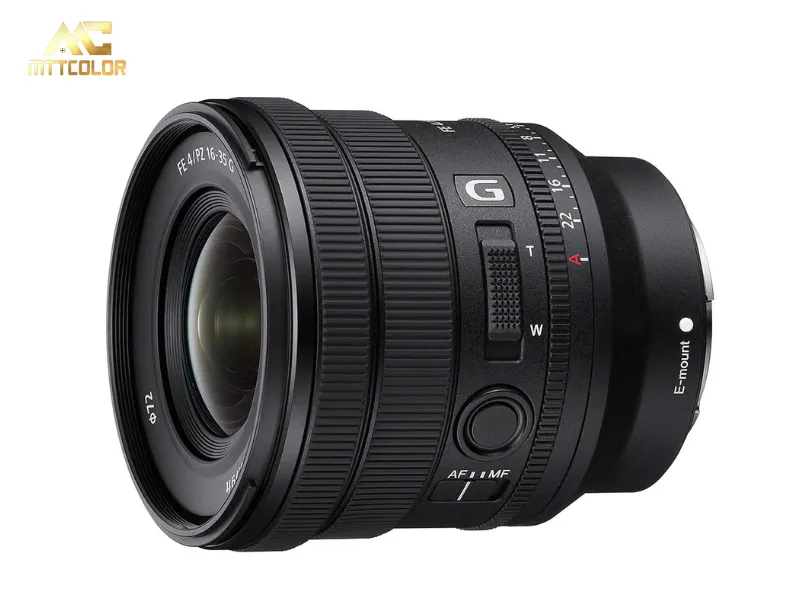
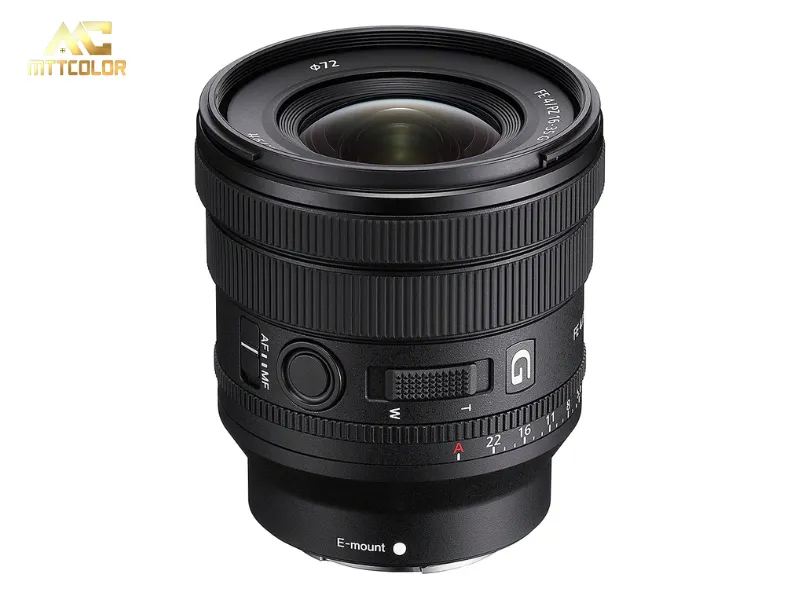
Best Canon Lenses
- Canon RF 15-35mm f/2.8L IS USM: fast and extremely sharp (price around ~$2,000 – $2,500)
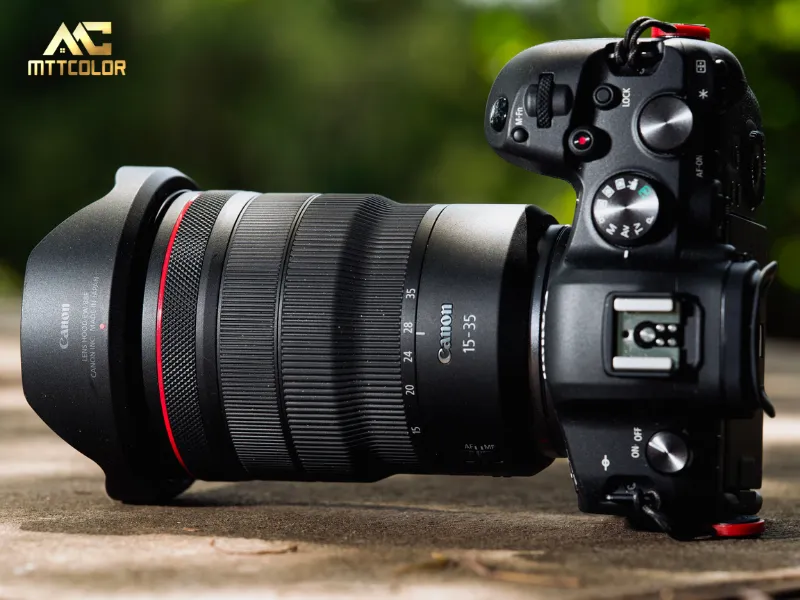
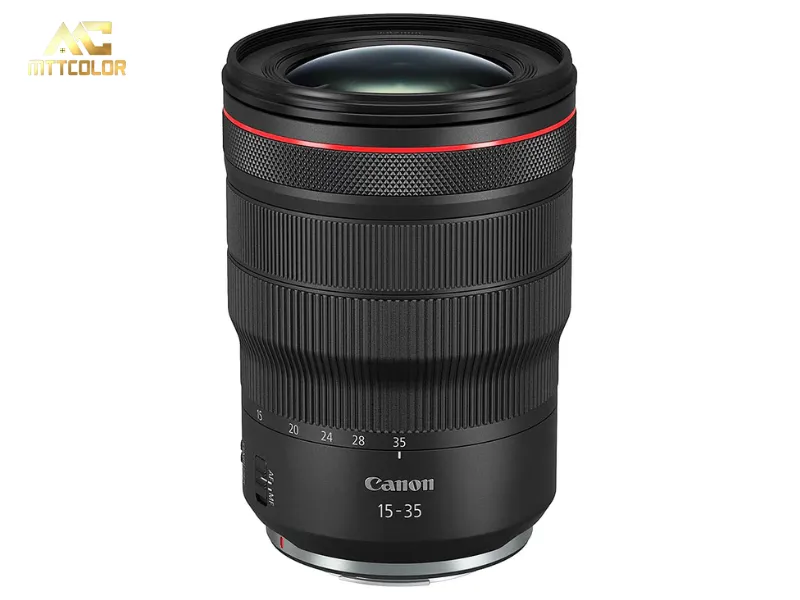
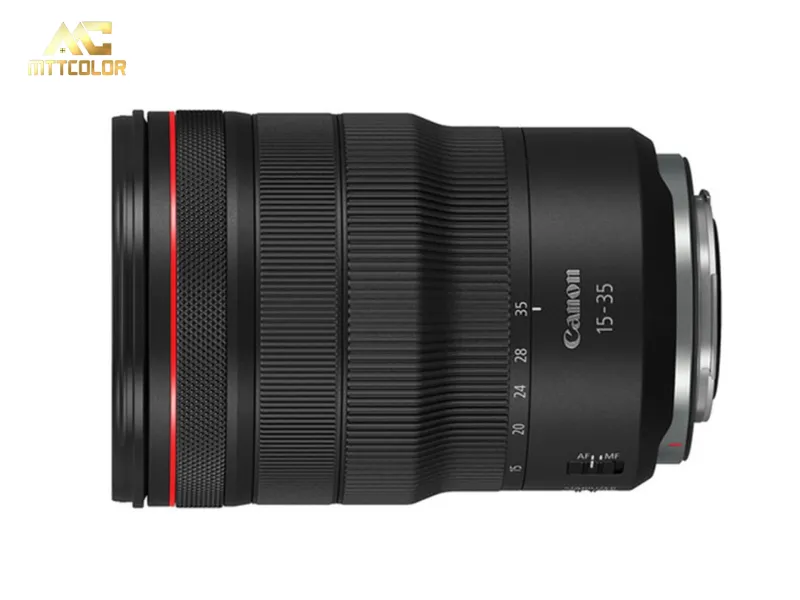
Tips:
- Stick with wide-angle lenses (14–30mm)
- Avoid fisheye lenses unless you’re correcting distortion in post
The Best Tripod and Head Available Today
Stability becomes paramount in real estate photography where sharp images and consistent framing determine professional success. The right tripod system eliminates camera shake, enables precise composition, and supports the extended shooting sessions typical of property photography workflows.
Nice Legs
- Manfrotto 055 Aluminum Tripod: sturdy and affordable (price around $300 – $500)
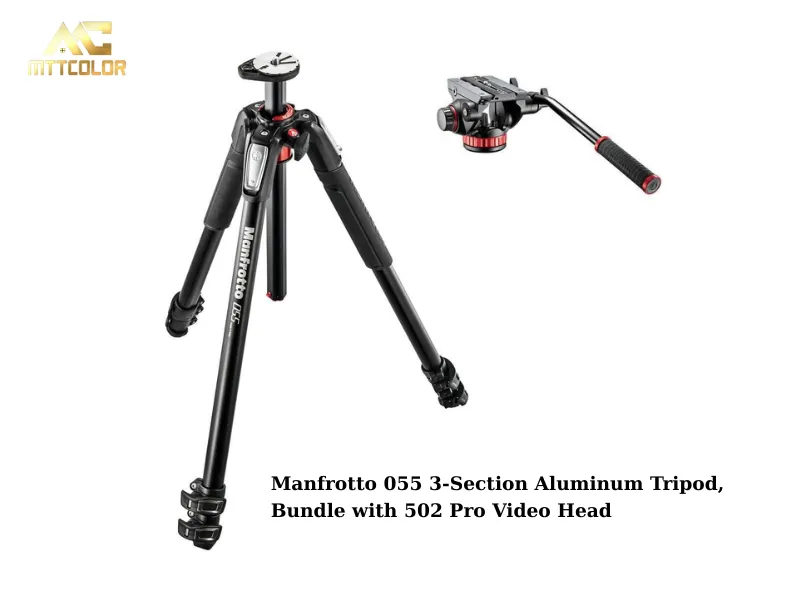
- Peak Design Travel Tripod: compact and premium build (price around $300 – $500)
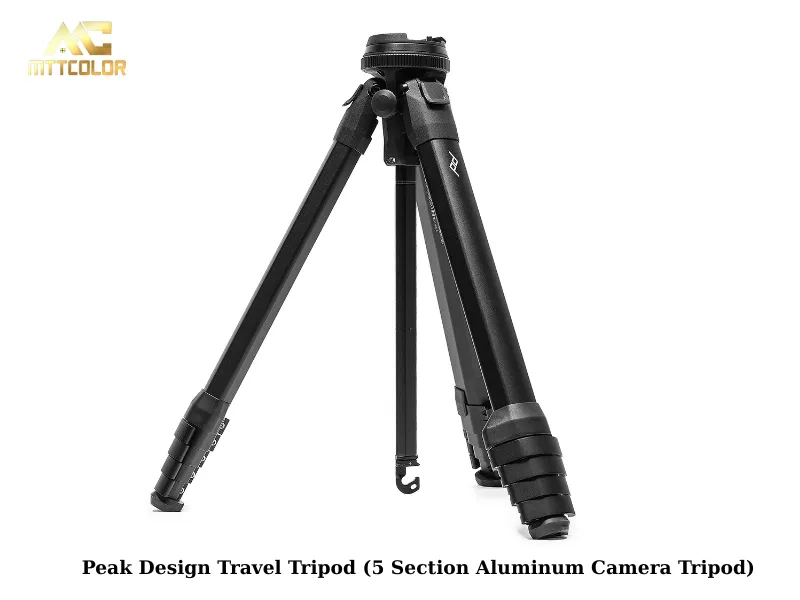
Geared, Ball, and Fluid Tripod Heads
- Manfrotto XPRO Geared Head: precision framing
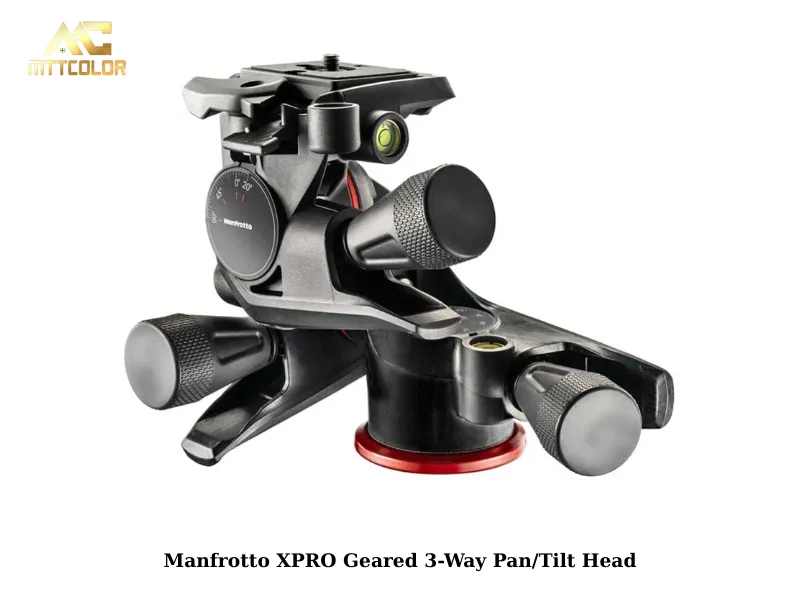
- Benro 3-Way Geared Head: lightweight and flexible
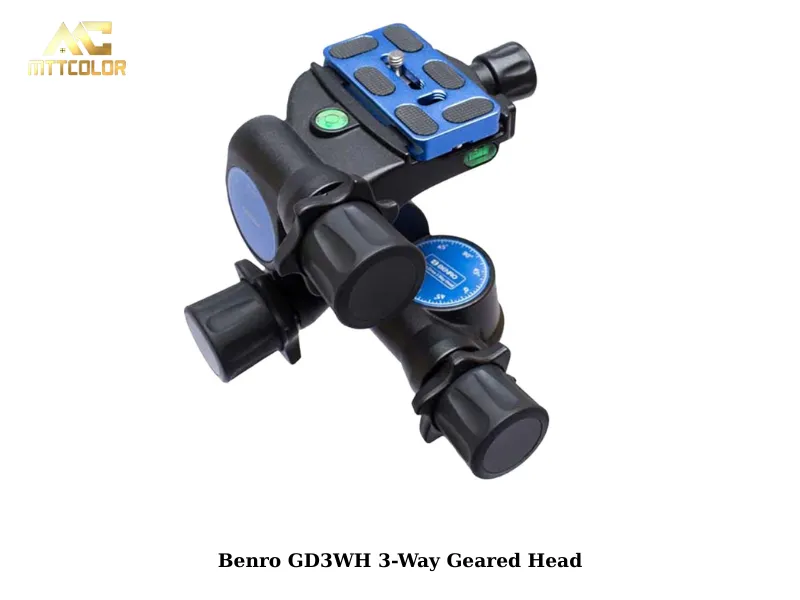
- Fluid head (for video): smoother pans for video tours
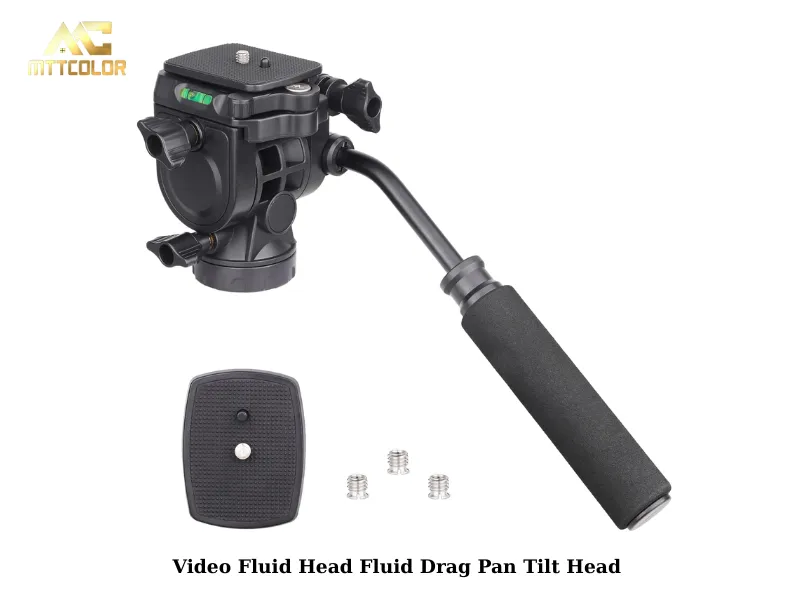
Lighting & Flash Equipment for Interior & Exterior Shots
Professional lighting equipment transforms challenging interior environments into perfectly exposed, inviting spaces that showcase property features effectively. Modern portable lighting systems offer photographers unprecedented control over ambient conditions while maintaining natural-looking results that appeal to potential buyers.
Natural Light vs. Artificial Light – Which is Best?
When photographing interiors or exteriors, choosing between natural and artificial light can significantly impact your results.
- Natural light offers soft, appealing tones and a true-to-life ambiance that many buyers find welcoming. It works best in well-lit rooms with large windows and clear weather conditions. However, it’s not always available—cloudy days, small windows, or north-facing rooms can result in flat or underexposed images.
- Artificial lighting, including flash units or LED panels, helps control brightness, reduce shadows, and balance uneven lighting. It ensures consistent lighting across all photos, especially useful in darker rooms or homes with mixed light sources (e.g., incandescent + daylight).
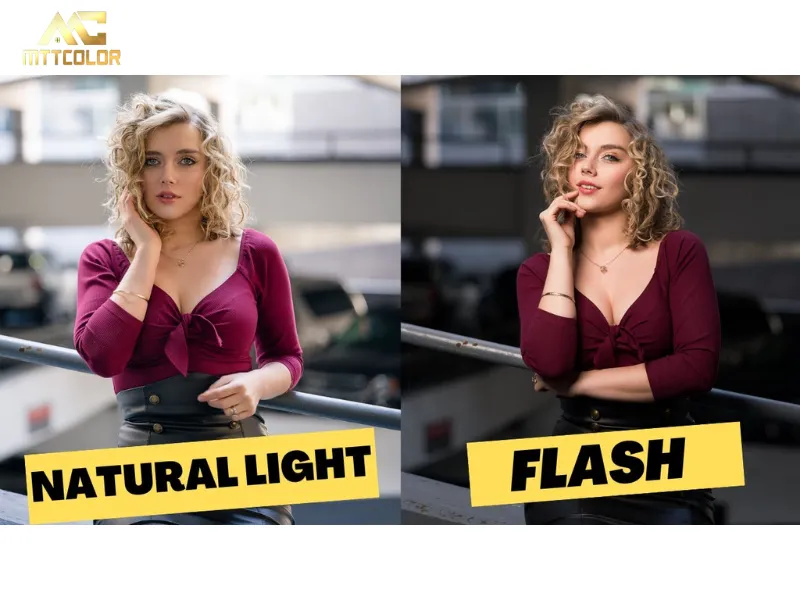
In most cases, a hybrid approach works best: shoot with natural light as your base, then supplement with artificial light to fill shadows or highlight specific areas. This method provides both realism and clarity in your real estate photos.
Recommended Lighting Equipment for 2025
- Godox AD200 Pro: powerful and portable flash (price around ~$400)
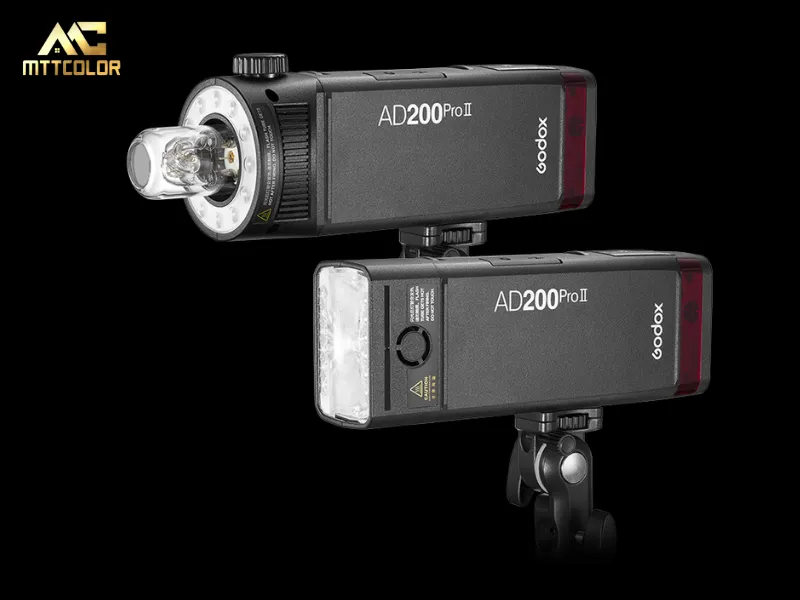
- Neewer 660 LED Light Panels: adjustable color temperature (price around ~250$)
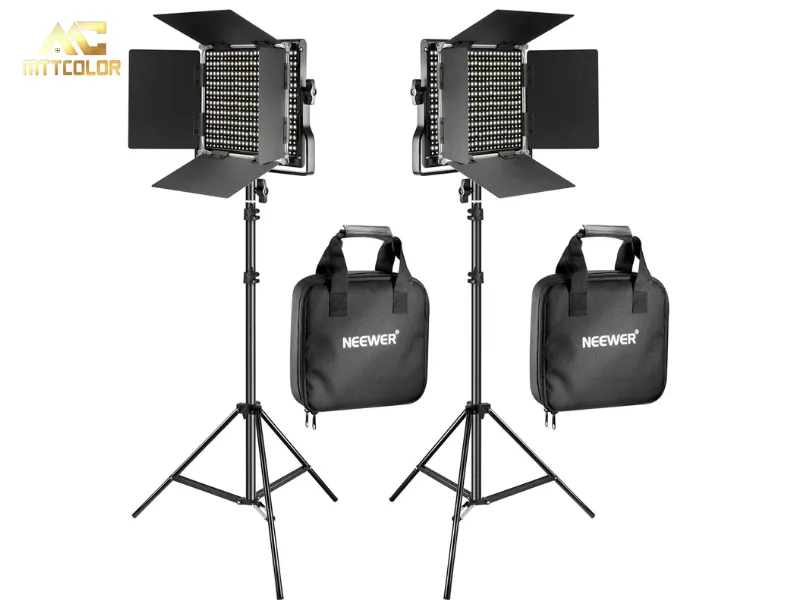
- MagMod Light Modifiers: easy softening and control (price around ~$110)
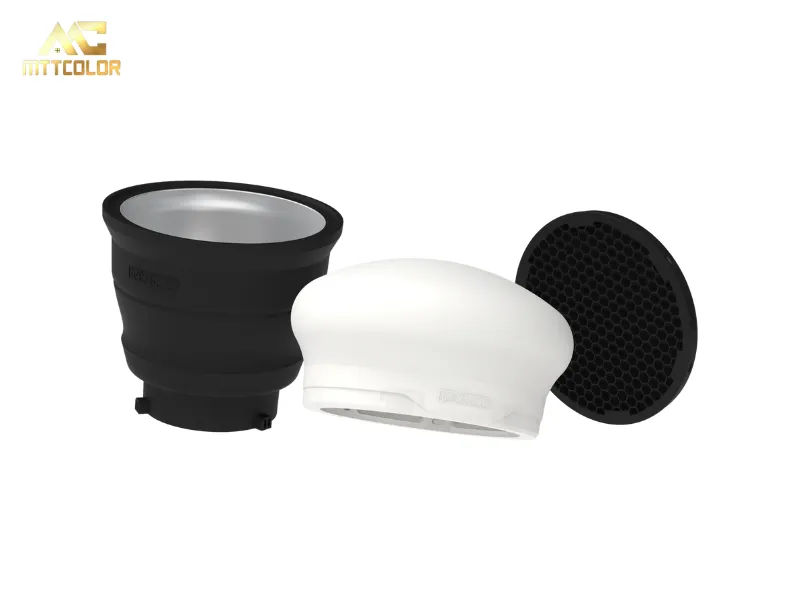
Drones are good for aerial real estate photography
Aerial photography has evolved from luxury add-on to essential marketing tool, with drone technology now accessible to photographers at every professional level. Modern drones combine exceptional image quality with sophisticated safety features, enabling stunning aerial perspectives that showcase property context and neighborhood appeal.
Why Drone Photography is Essential for Real Estate in 2025
- Captures property scale and neighborhood context
- Essential for luxury listings and large estates
Best Drones for 2025
- DJI Mavic 3 Classic: pro-level imagery and battery life (price around ~$1,500)
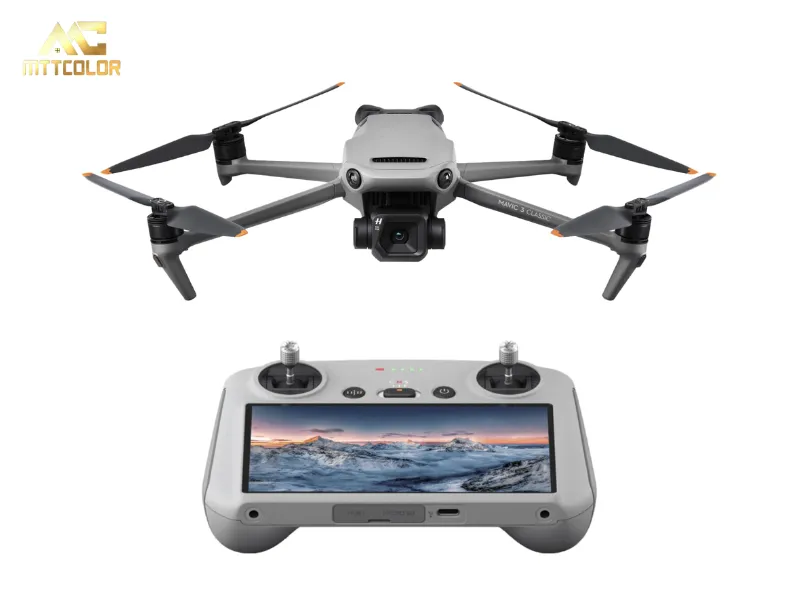
- DJI Air 3: great balance of price and performance (price around ~$1,500)
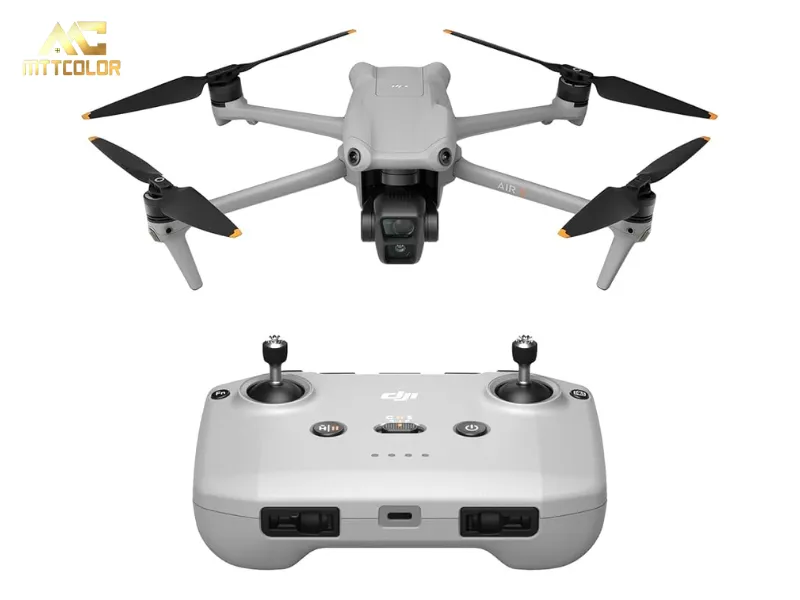
- Autel EVO Lite+: good alternative with excellent low-light capture (price around ~$1,200)
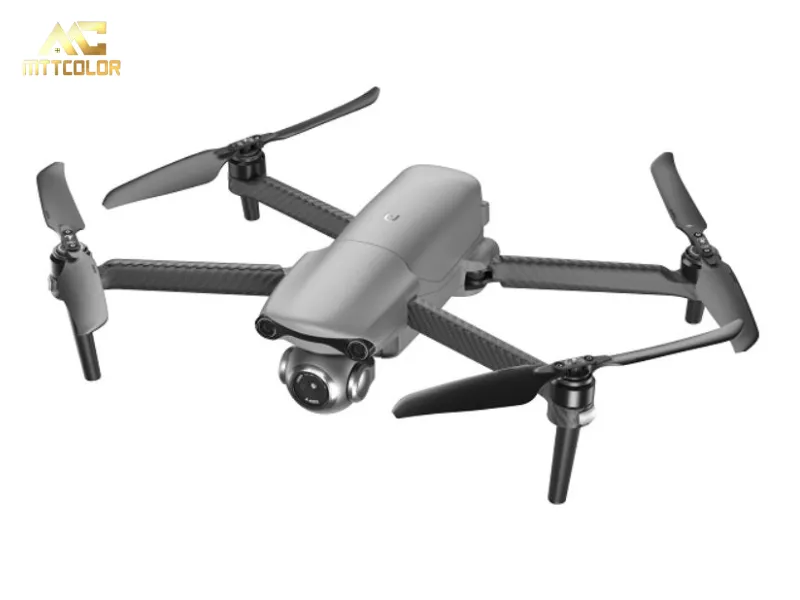
| Drone Model | Flight Time | Camera Resolution | Price |
| DJI Mavic 3 | 46 min | 20MP | ~$1,500 |
| DJI Air 3 | 42 min | Dual camera setup | ~$1,500 |
| Autel EVO Lite+ | 40 min | 50MP | ~$1,200 |
Camera Settings for Professional Results
Mastering camera settings specifically for real estate photography ensures consistent, professional results across varying property conditions. Understanding the technical relationship between aperture, ISO, and shutter speed in architectural photography contexts enables photographers to optimize image quality while maintaining efficient shooting workflows.
Interior Photography Settings
Interior photography demands specific technical approaches:
- Aperture: f/8-f/11 for maximum sharpness across the frame
- ISO: 200-400 range (maximum 800 in challenging conditions)
- Shutter Speed: 1/60-1/125 second with tripod support
- File Format: RAW capture for maximum post-processing flexibility
HDR Bracketing Techniques
High Dynamic Range photography has become essential for handling the extreme contrast ratios common in real estate photography. Proper bracketing techniques ensure photographers capture the full tonal range from bright windows to dark interior corners, enabling natural-looking final images that showcase properties effectively.
HDR bracketing typically employs 3-7 exposure sequences covering -2 to +2 stops, maintaining consistent aperture across all exposures while varying shutter speeds. The “flambient” technique, combining flash and ambient light, produces natural-looking results.
Budget Planning for Real Estate Photography Equipment
Strategic equipment investment requires balancing current needs with future growth potential while maintaining cash flow sustainability. Understanding equipment costs across different professional levels helps photographers make informed decisions
Explore More with MTT Color
Looking to take your editing to the next level? Discover MTT Color full range of real estate photo editing services, from stunning HDR image editing to virtual staging and more. Whether you’re a beginner or professional, we help bring your images to life—fast, affordable, and always on-brand.
Accessories to Enhance Your Real Estate Photography
- Remote shutter or wireless trigger
- Extra batteries & SD cards (UHS-II)
- Bubble level / electronic level
- Color checker / gray card
- Cleaning kits
Small tools make a big difference in workflow and image quality.
Estimated costs when purchasing real estate photography equipment
| Level | Budget Range | Description |
| Beginner | ~$5,000 | Entry-level camera, lens, tripod |
| Intermediate | $5,000 – $7,000 | Higher-end mirrorless + accessories |
| Pro | ~$10,000+ | Full setup + drone + lighting |
The real estate photography equipment landscape of 2025 offers exceptional options at every price point, with technological advances making professional-quality results more accessible than ever. Success requires matching equipment capabilities to specific market needs while staying current with changing customer expectations and technological capabilities.
If you have a real estate photography need, please contact MTT COLOR immediately, thank you
FAQ: Common Questions About Real Estate Photography Equipment
Frequently Asked Questions
Q: Is full-frame necessary for real estate photography?
A: While not absolutely required, full-frame cameras offer superior dynamic range and low-light performance that significantly benefit property photography applications.
Q: What focal length range is most important?
A: 14-30mm covers most real estate photography needs, allowing capture of entire rooms while maintaining natural perspective.
Q: Are drones legally permitted for property shoots?
A: Yes, but commercial drone operations require FAA Part 107 certification and compliance with federal aviation regulations.
Q: Can kit lenses work for professional results?
A: Kit lenses can produce acceptable results, but dedicated wide-angle lenses significantly improve image quality and professional capabilities.
Q: Is artificial lighting necessary for daytime shoots?
A: Yes, interior lighting ensures consistency across all rooms regardless of window placement and natural lighting conditions.
Read more: how to edit hdr real estate photos
Related Posts
Tips & Trick for Real Estate Photography & Videography
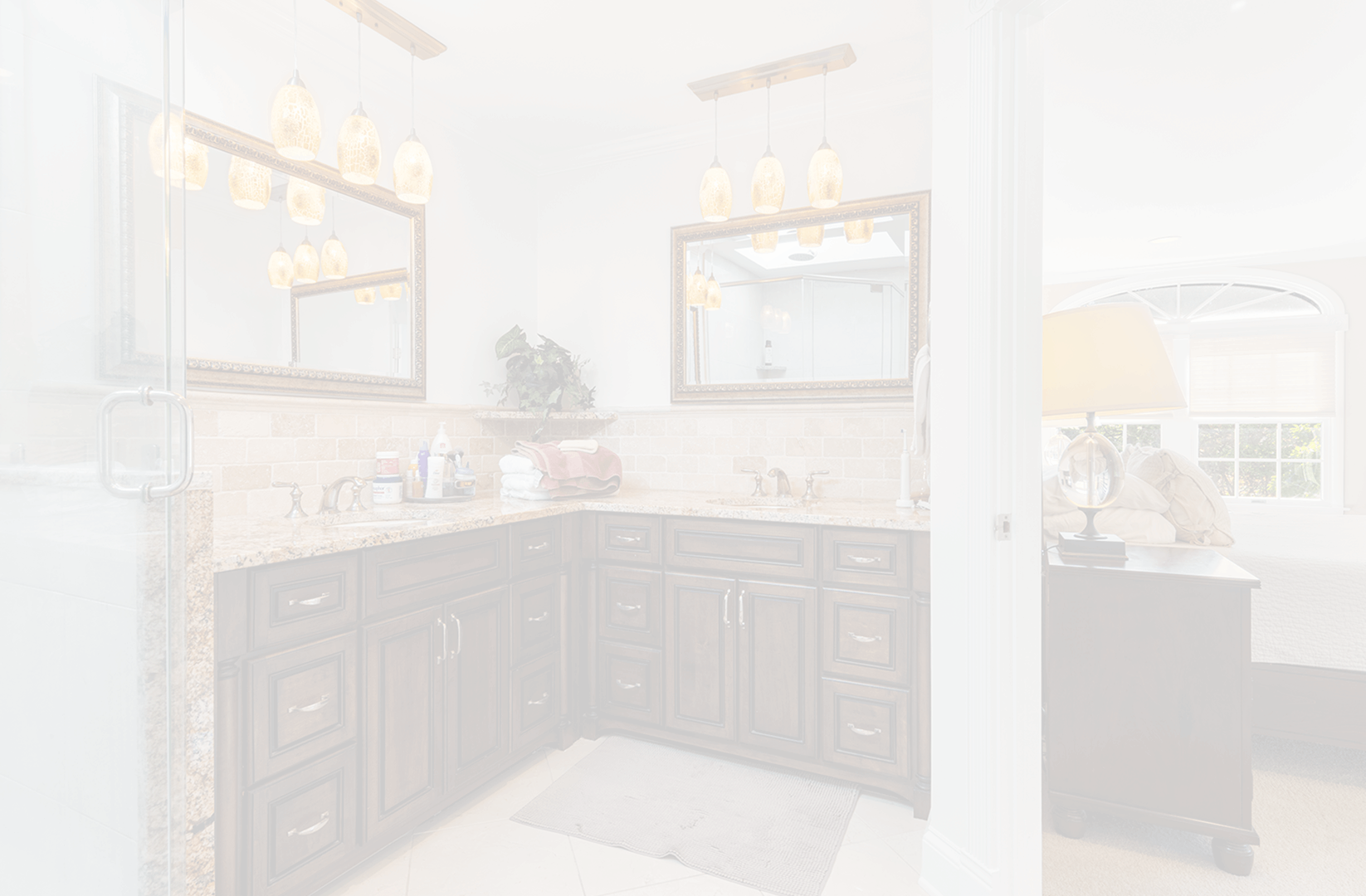
0
Images Processed Everyday
0
Happy Customer
0
Year Experience
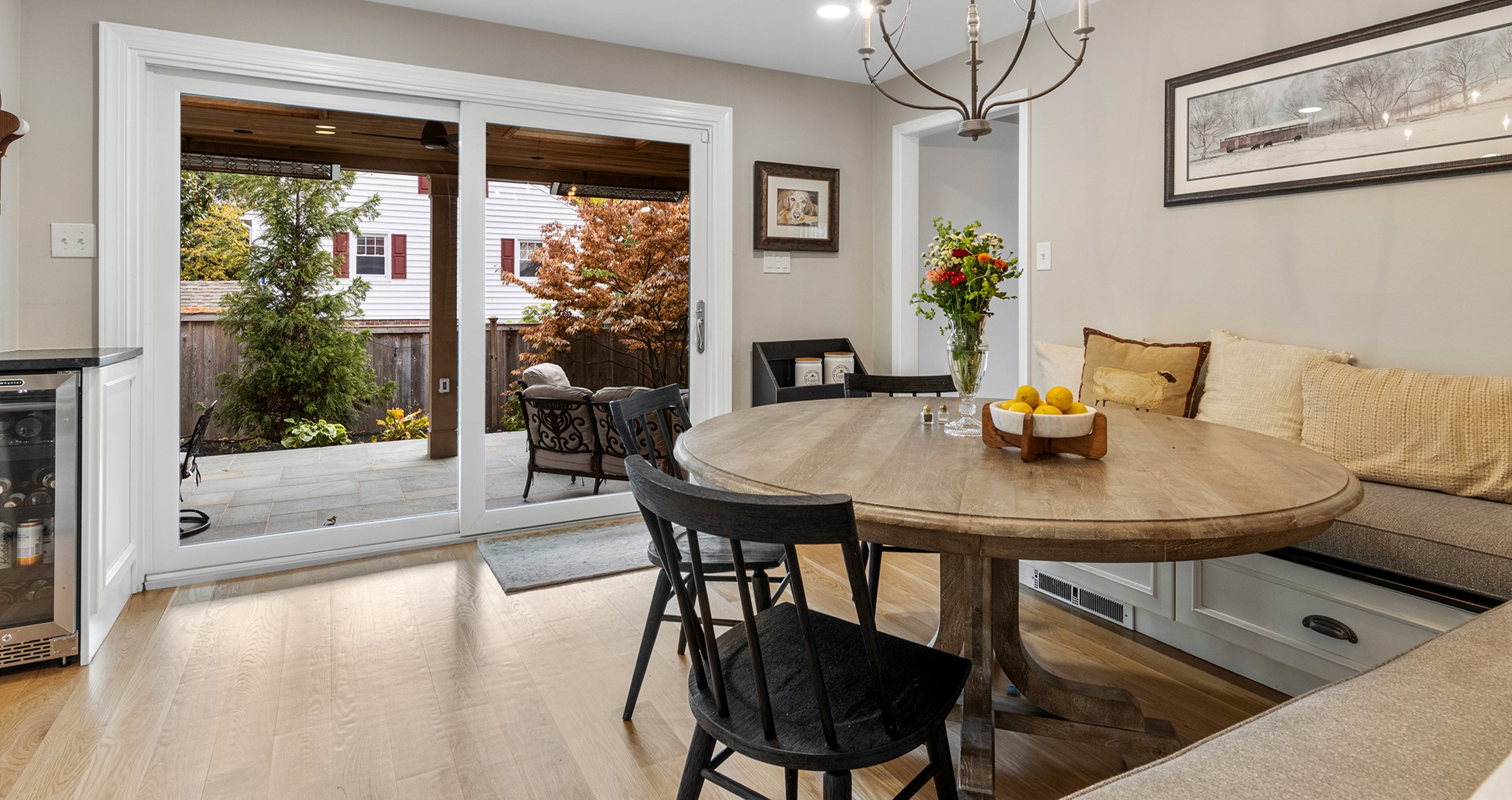
MTTCOLOR
is the leading real estate photo and video editing service, trusted by thousands of satisfied customers around the globe. With over 10 years of experience in both photo and video editing for real estate we specialize in helping clients buy, sell, or rent properties with stunning, professionally edited images and videos. Let us bring your dream home to life with our expert real estate editing services.
Frequently asked questions
How much do your services cost?
We cater to customers at various price points, ranging from around $0.50 per image to over $3 per image. We understand that you may have a specific budget in mind for outsourcing. That's why we're very flexible with pricing. Feel free to propose your numbers, and we'll do our best to accommodate. We're also open to discussing everything to ensure a smoother process.
Please note that in Vietnam, it is customary for the customer to cover PayPal fees (or any transaction fees), and we recommend doing so. On our end, we cover currency conversion fees, which are quite similar. Think of it like splitting the bill at a restaurant.
How can I send files?
Simply upload your images on Dropbox, Google Drive, or Wetransfer and send us the link in an email. To make things easier, you should specify the number of input files along with any special requirements.
How does the process work?
Before using our services, you can send us a test order of up to 10 images, and we’ll do it FREE of charge just to understand your style. After that, we can agree on the pricing and proceed from there.
Outsourcing post-production has never been easier:
Step 1: You can either fill out the test order form or send your input directly to our email via Dropbox, Google Drive, FTP, or Wetransfer. We’ll send you a confirmation email to let you know we’ve received your order.
Step 2: Your images/videos will go through thorough editing and quality checks.
Step 3: Receive your package and complete the payment transfer. You can also send us any revision requests if needed.
What are your working hours?
We work 24/7, always available to support you.
Can I request urgent orders?
Yes, with a large team of editors, we can prioritize and accommodate rush delivery if possible. Please give us a heads-up via email at mttcolor8@gmail.com at your earliest convenience so we can check the feasibility and timeline for these special orders.
